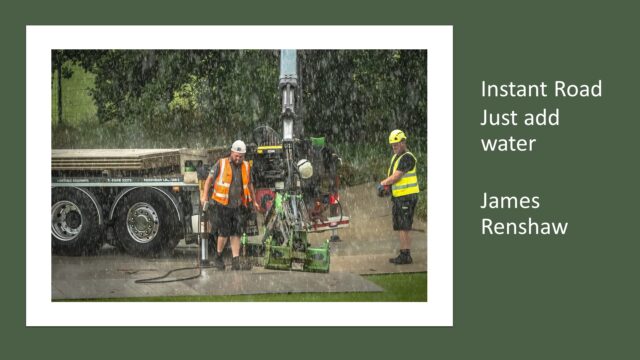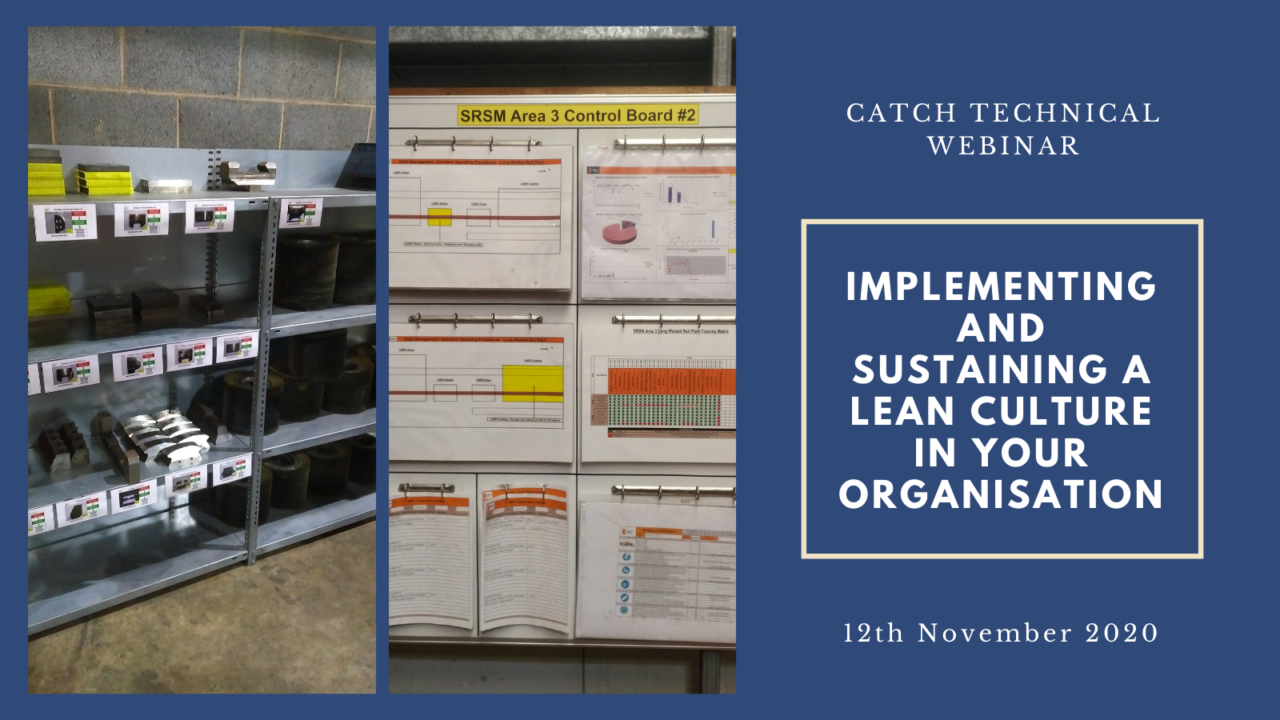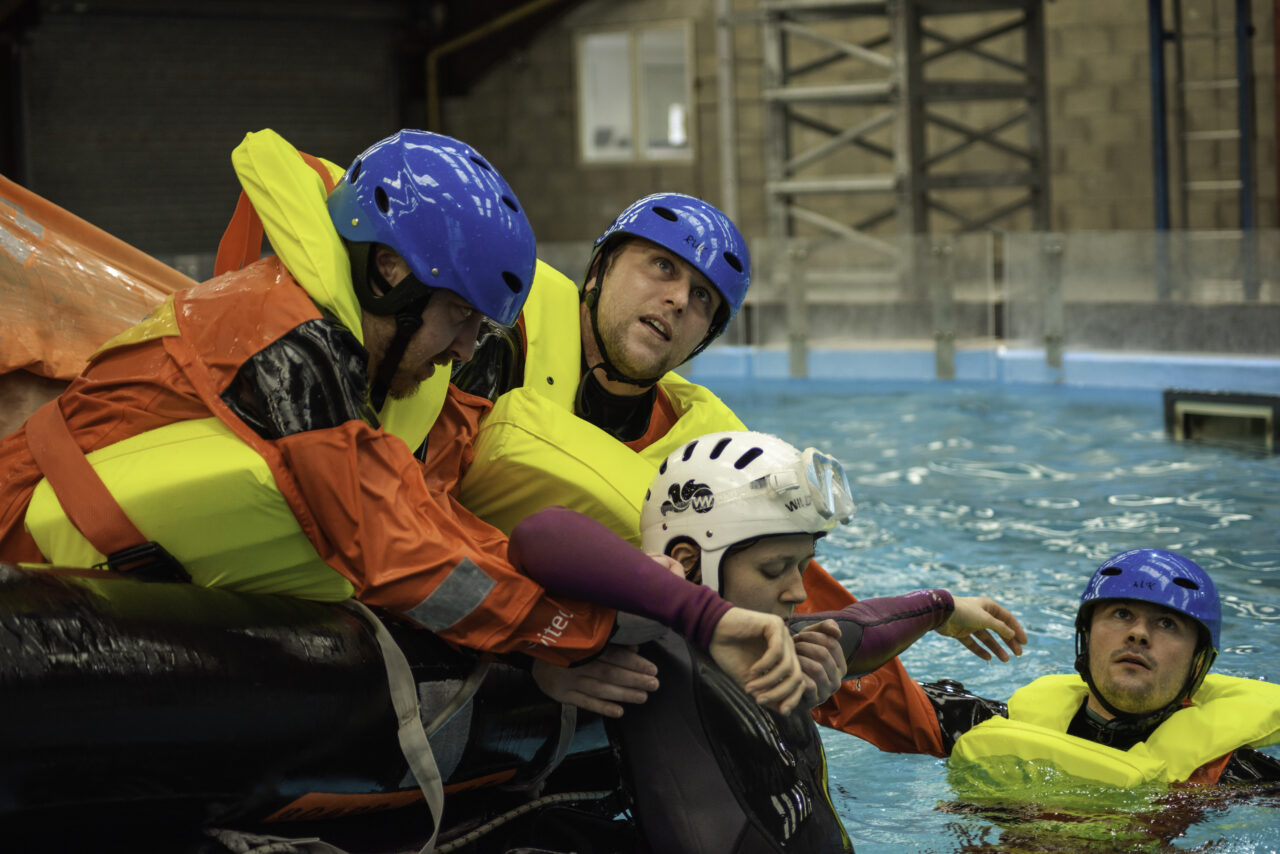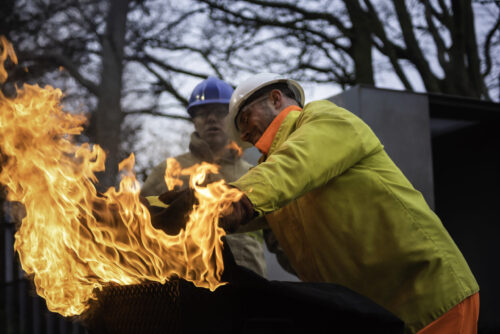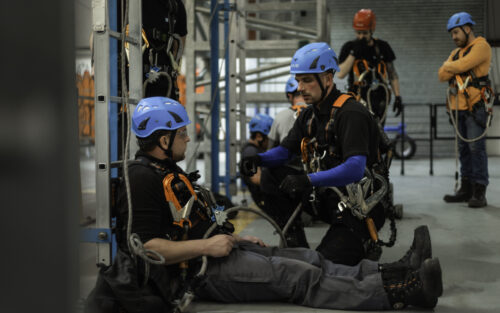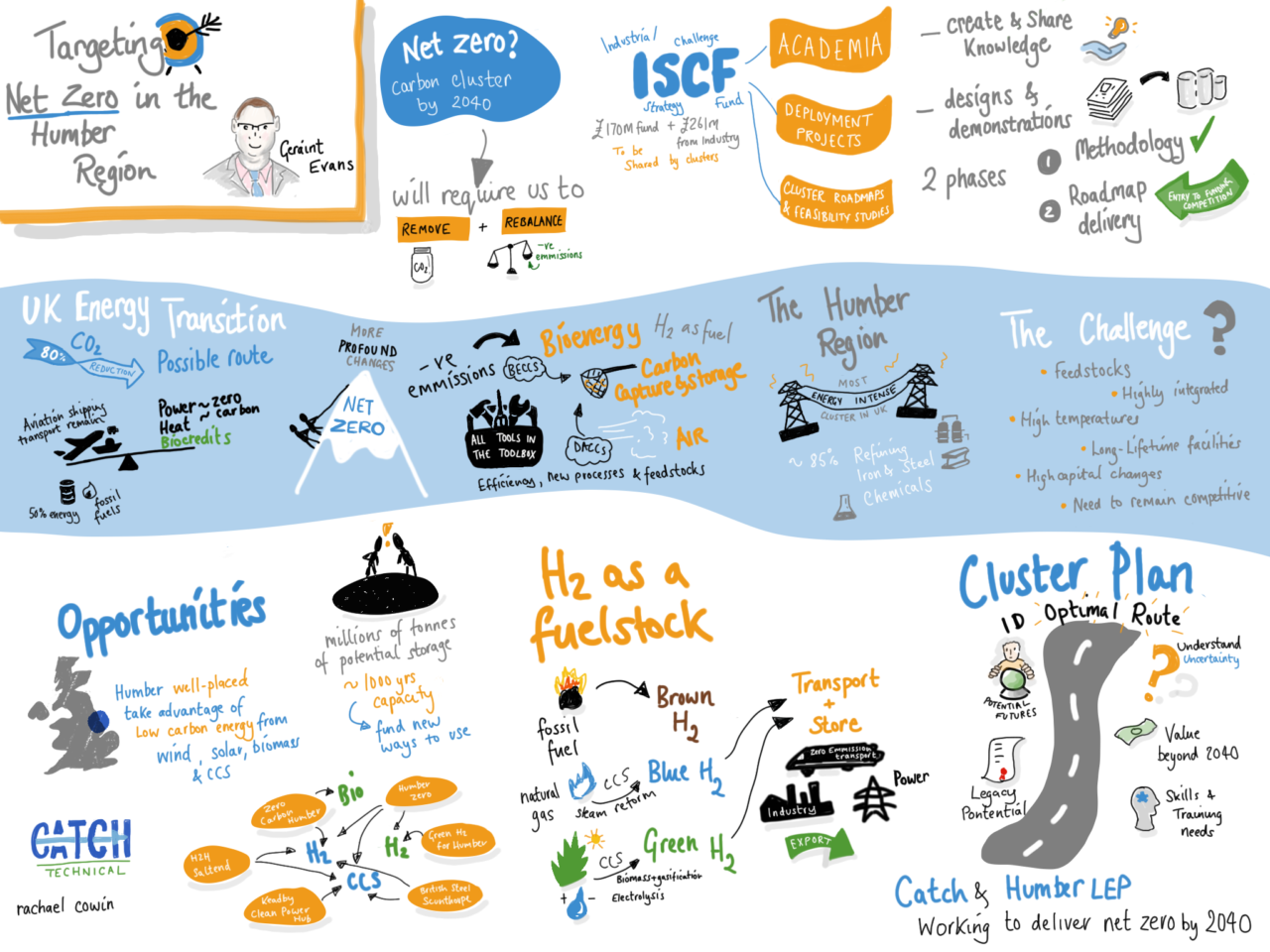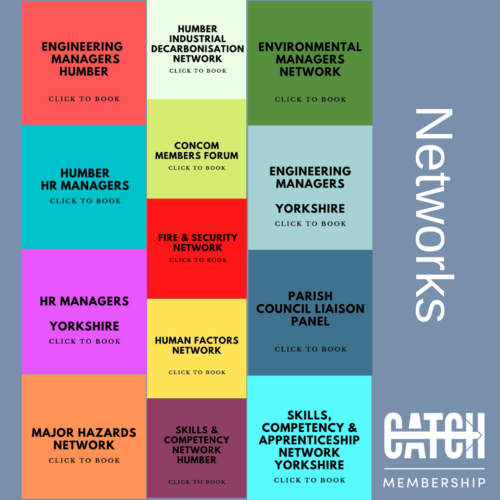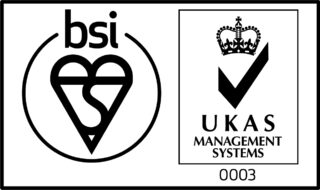The CATCH annual awards 2020 celebrated the process industries successes in their first online awards ceremony.
The event saw 11 awards presented following a record number of entries earlier in the year.
The 6 finalists competing for the coveted ConCom Apprentice of the year award, were all pleasantly surprised, that due to the current conditions, all 6 finalists were awarded the top prize. Congratulations are therefore due to Jack Hennessy-Smith- Tronox, Edward White – Tronox, Ben Bertie – Testex NDT Ltd, Alex Wingfield – Air Products, Joshua Plaskitt – Total Lindsey Oil Refinery and Ben Ward, BP.
The People awards, also focused on the next generation. Robbie Hutchinson, Science Manufacturing Technical Apprentice from Nufarm, secured the Young Achiever Award. Robbie is a trailblazer completing NVQ 18months early, he pushed himself outside of his comfort zone, working to high standards and assisting other apprentices along the way. Contenders William Suggit, Operations Technician at Px Limited and Tiffany Boal, Electrical Apprentice, Jacobs Field Services were strong runners up and also received trophies.
The Skills Project of the year award was presented to Syngenta. Syngenta went out into the community and educational establishments using their current apprentices acting as ambassadors and advocates of their scheme. They are engaging with a wide audience and very importantly, they have analysed demographics in their recruitment campaigns to identify and encourage applications from underrepresented groups. They have gone to great lengths to educate and promote apprenticeships which will go a long way to fill skills gaps within industry.
WiME, celebrated obtaining the Best Partnership Award. WiMe is designed to encourage businesses to recruit a diverse workforce and employ more women in manufacturing and engineering roles. The project is supported by Greenport Hull, the Humber four local authorities and The Department for Work and Pensions, as well as 55+ private sector businesses specialising in the manufacturing and engineering industry. Thousands of girls from primary, secondary, further and higher education have attended events, and even more have read the inspiring literature created by the partnership, watched the videos, and visited businesses on workplace visits as part of the movement.
The Final award – Outstanding Leader – recognised Richard Cahill, of PX Limited. Richard, started PX as an apprentice, he won the CATCH apprentice of the year award and has actively championed apprenticeships throughout his career. He was recently promoted to the new Saltend Chemical park, and successfully led and trained the site team to implement PX safe systems of work, plus assisted the corporate SHE team to deliver the safe implementation of the Permit to work system all whilst familiarising himself with new hazards, process characteristics and parameters of the new site. The above has now resulted in another promotion to Shift Site Manager.
A new award was presented this year, the CATCH photographer of the year 2020. The award was presented to James Renshaw with his image titled – Instant Road – just add water. The judges commented, how they loved how the image had great impact – it fitted the brief well and had great atmosphere with the driving rain. It also encapsulated 2020 quite well – that no matter what you keep going and get the job done!
David Talbot, CEO of CATCH said “We would like to thank our Awards Sponsors, E3 Recruitment, all those who submitted a nomination, our award finalists, guests and colleagues for helping to make the event a success even if we couldn’t meet in person at our usual Annual Awards Dinner this year – we are hopeful that our next Awards Dinner on the 6th May 2021 will be in person and one to remember”.
The CATCH Photograph of the year –
